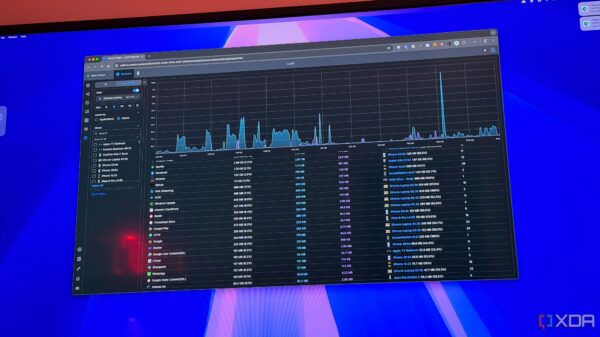URGENT UPDATE: Financial institutions are rapidly shifting to real-time transaction monitoring systems to combat escalating fraud and money laundering threats. As of October 2023, traditional end-of-day transaction checks are deemed inadequate, prompting banks, fintechs, and payment providers to adopt more proactive defenses.
Fraudulent activities have surged, posing significant business risks that erode customer trust and tarnish institutional reputations. In 2021 alone, banks globally faced billions in fines due to ineffective Anti-Money Laundering (AML) systems. These staggering penalties underscore an urgent need for immediate and robust solutions capable of detecting anomalies as they arise.
Unlike conventional models that evaluate transactions hours post-occurrence, real-time monitoring continuously assesses deposits, transfers, withdrawals, and account activities instantly. This capability allows financial institutions to halt fraud before funds are irretrievable, effectively safeguarding their customers’ assets.
The implications of adopting such systems extend beyond compliance. Consumers now demand that banks protect their funds actively. A timely fraud alert can transform potential losses into opportunities for lasting customer loyalty. For regulators, implementing real-time monitoring signifies a bank’s commitment to proactive compliance. Accurate and timely filing of Suspicious Activity Reports (SARs) enhances law enforcement’s ability to trace illicit funds, thereby strengthening the entire financial ecosystem.
Modern real-time transaction monitoring solutions leverage AI and behavioral analytics to differentiate between legitimate customer actions and fraudulent activities. This technological advancement reduces false positives, allowing compliance teams to concentrate on genuinely high-risk cases. The scalability and adaptability of these systems are crucial, ensuring they evolve alongside regulatory changes and sophisticated fraud tactics.
As financial crime becomes more intricate, institutions that resist modernizing their AML strategies expose themselves to substantial risks. Real-time transaction monitoring is not merely a compliance checkbox; it is a competitive advantage. By investing in cutting-edge technology today, banks and fintechs can not only shield their customers but also preserve their reputations and foster long-term resilience.
With the stakes higher than ever, the urgency for banks to implement these advanced monitoring systems has never been clearer. As fraud tactics continue to evolve, the institutions that prioritize real-time solutions will lead the charge in creating a safer financial landscape for everyone involved.






































































